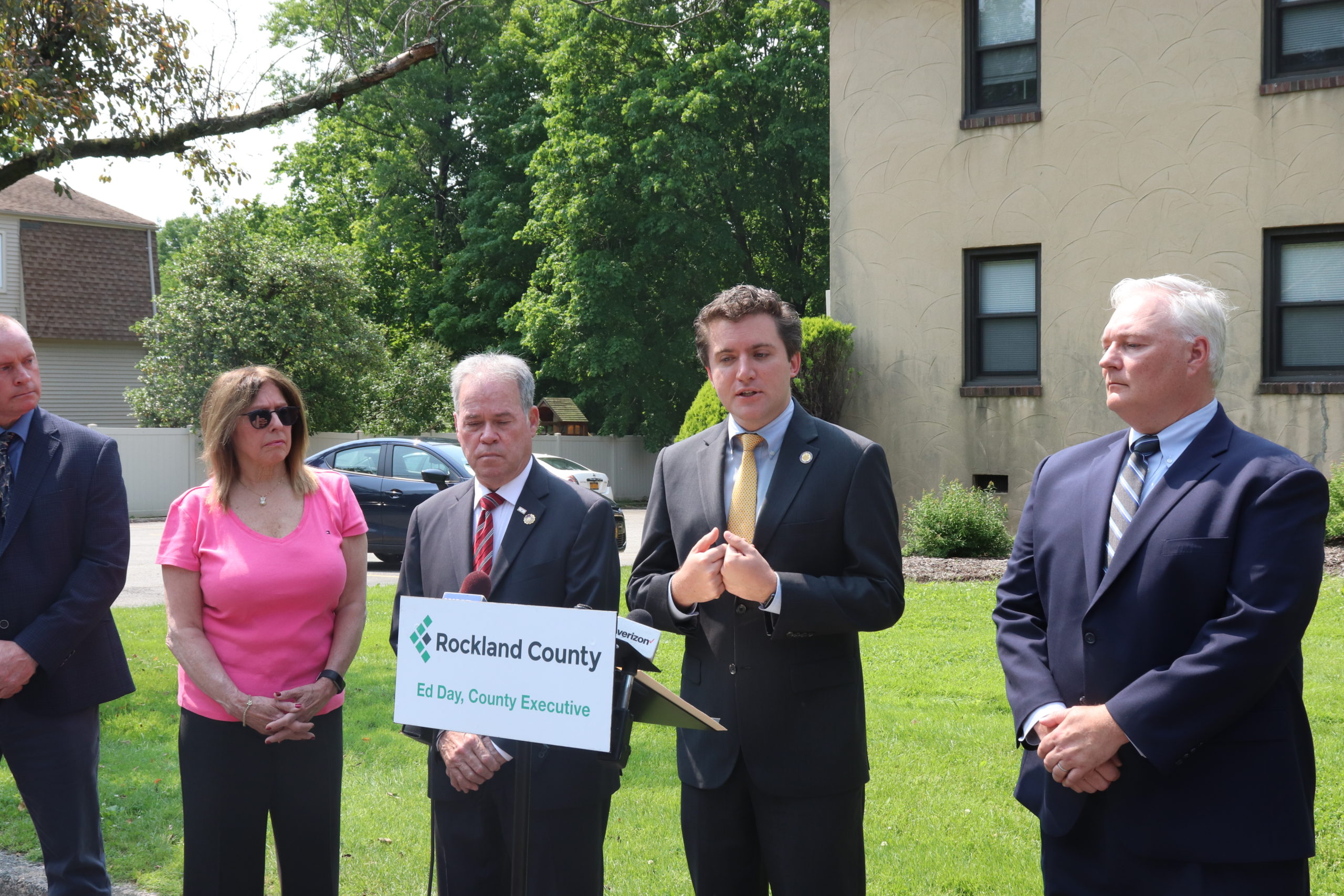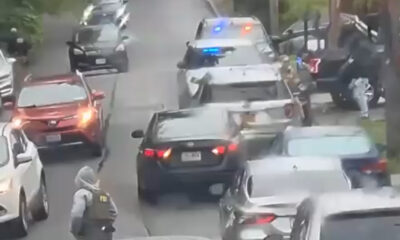ALBANY, NY – Senator James Skoufis has released his much anticipated Report on Code Enforcement in New York. His report finds systemic failures at all levels of government.
READ FULL REPORT BELOW
Final Investigative Report_Code Enforcement_Senator Skoufis_IGO Committee
In February of 2019, Senator James Skoufis, Chair of the Senate Committee on Investigations & Government Operations, in coordination with Senator Brian Kavanagh, Chair of the Senate Committee on Housing, Construction, and Community Development, opened an investigation into code enforcement practices in New York State. The investigation included a close examination of four municipalities: City of Albany, City of Newburgh, City of Mount Vernon, and Town of Ramapo.
The six month investigation found a systemic failure to prioritize code enforcement at all levels of government. The investigative report identifies common shortfalls, recommends sweeping legislative and regulatory changes, and urges both municipalities and the state to take code enforcement more seriously. In the meantime, the health and safety of many New Yorkers remain at significant risk.
Senator James Skoufis said, “Code enforcement is an issue that touches every single person in our state. It is not overly dire to say that more first responders and more residents will perish from dangerous conditions if code enforcement is not better prioritized in New York State. We can do a lot better and I’m hopeful this report will shine a light on state and municipal shortcomings, compel more comprehensive enforcement, and inform legislation that will drastically improve the lives of all New Yorkers.”
The investigation included an in-depth evaluation of the code enforcement process beginning with how a violation is brought to the attention of code enforcement departments to the final disposition of a code violation in court. The investigative team solicited testimony from representatives from each municipality, first responders, the Department of State, landlords, and tenants in order to determine how to adjust state practices to better serve New Yorkers. In May, the Committees held a joint public hearing in the City of Newburgh, the first of its kind, to bring in relevant stakeholders from across the state.
Key findings include:
•Inadequate training for code enforcement personnel;
•Inadequate record keeping for tracking code cases;
•Insufficient penalties for violations;
• Difficulties associated with properties owned by LLCs;
•Persistent vacant and abandoned buildings;
• An upsurge in illegally converted properties;
•Excessive delays and adjournments of cases; and
• An overall lack of resources and support available to assist code enforcement programs;
Legislative recommendations include:
•Provision of financial assistance to local governments;
•Fulfillment of Code Council vacancies;
•Department of State reforms;
• Minimum statewide penalties for violations;
• Cracking down on illegal housing;
• Adequate remedies for noncompliance;
• Limited liability company (LLC) disclosure and accountability;
• Strengthening minimum standards of code enforcement personnel;
• Rental property registries;
• Vacant and abandoned building reforms; and
• County government intervention
Final Investigative Report_Code Enforcement_Senator Skoufis_IGO Committee


 Police/Fire/EMS1 week ago
Police/Fire/EMS1 week ago
 Community1 week ago
Community1 week ago
 Politics1 week ago
Politics1 week ago
 Government1 week ago
Government1 week ago


















